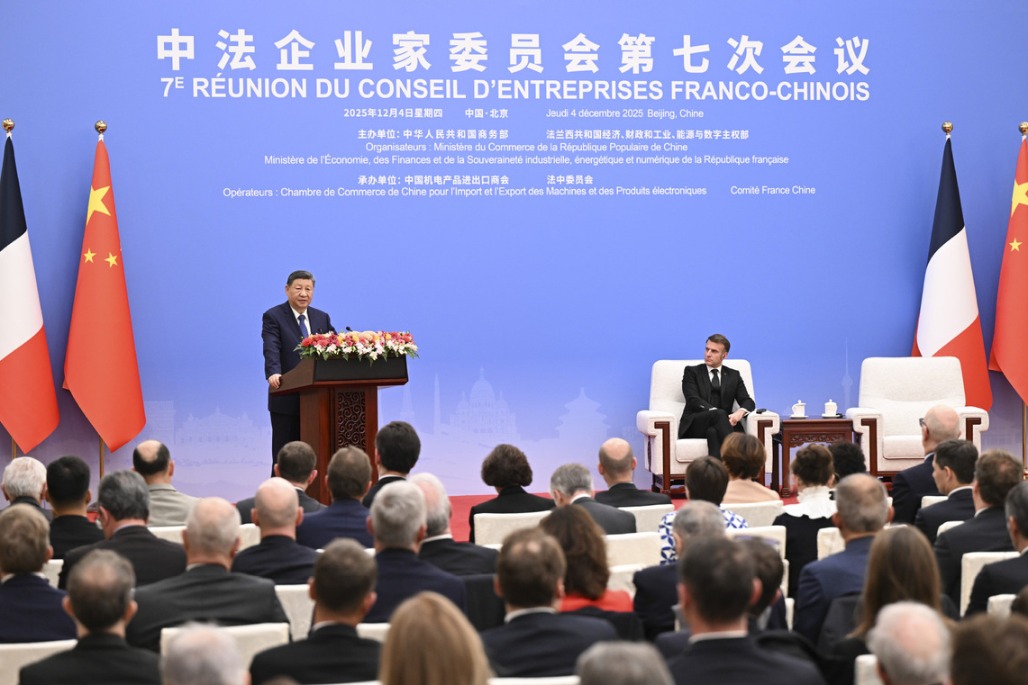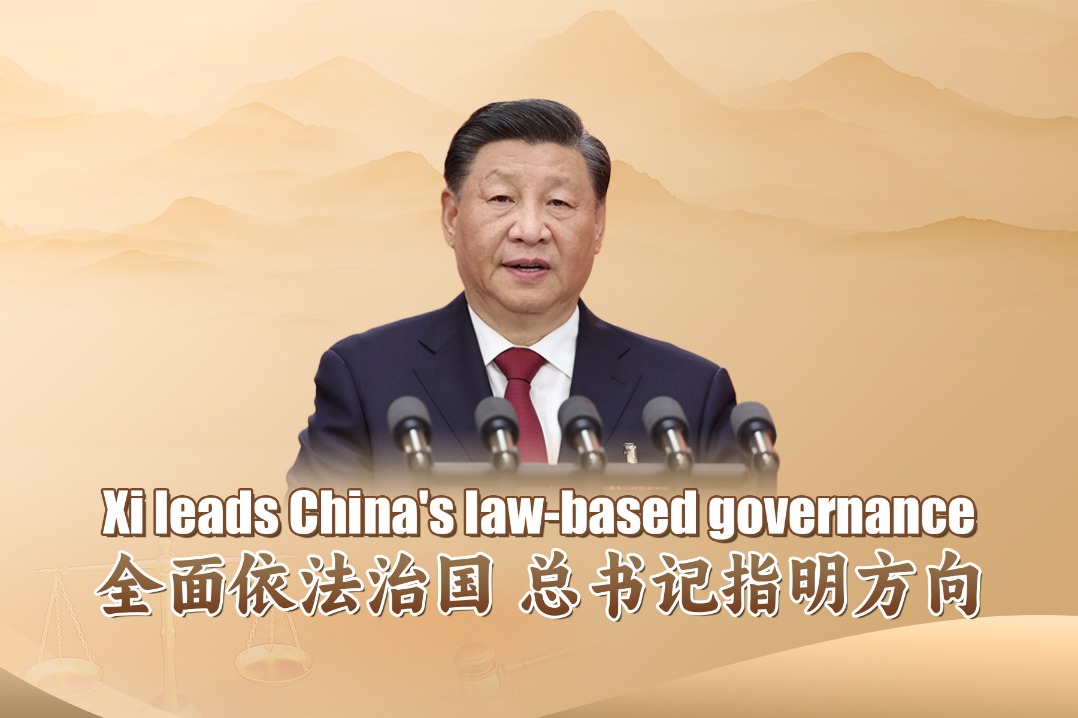Senior experts decoding Government Work Report
chinadaily.com.cn | Updated: 2025-03-05 17:19
Balancing and innovative road map shaping trajectory in 2025
By Muhammad Asif Noor
The Government Work Report delivered on Wednesday is a critical roadmap shaping China's trajectory in 2025. What sets this year's report apart is its emphasis on long-term structural adjustments, technological innovation, and economic stability, reflecting China's evolving approach toward sustaining high-quality growth in a world grappling with uncertainty.
The economic growth target of around 5 percent is a carefully calibrated projection that aligns with China's broader goal of maintaining a balance between economic expansion and structural reforms. This figure is not simply a numerical aspiration but a realistic goal for the country's ability to sustain growth while mitigating external shocks, particularly in a global economy facing inflationary pressures and geopolitical uncertainties. Unlike the past decades, where high-speed growth was the primary driver, China is now transitioning toward a high-quality development model where technological advancement, consumption-led growth and financial stability take precedence. The issuance of ultra-long special treasury bonds and increased local government spending highlight an evolving fiscal strategy that prioritizes economic resilience over short-term gains.
A significant aspect of the report is its focus on employment and social welfare, particularly the creation of over 12 million urban jobs and a commitment to maintaining a stable unemployment rate. Beyond the numbers, there is an understanding in China about the inclusiveness in economic prosperity. The report also emphasizes vocational training and digital economy readiness as another forward-looking perspective on workforce transformation. Unlike conventional economic models that rely solely on industrial expansion, China is fostering a knowledge-based workforce, positioning itself as a leader in emerging sectors such as AI, quantum computing, and 6G technology.
The commitment to agricultural modernization and rural revitalization is another pivotal aspect often overshadowed by the focus on industrial advancements. The expansion of soybean acreage, investment in high-tech agricultural practices, and efforts to stabilize grain prices are not merely domestic policies but strategic decisions to safeguard national food security amidst a changing global supply chain. With rising uncertainties in global agricultural markets, China's approach ensures long-term self-sufficiency while positioning itself as a major player in global food supply dynamics.
Furthermore, the emphasis on preventing poverty relapse is how China's policy continuity, reinforcing social stability as a cornerstone of economic progress.
Technological innovation remains at the core of China's development vision. Unlike previous years where infrastructure and manufacturing dominated the agenda, the 2025 Government Work Report places a significant emphasis on emerging industries and the digital economy. The focus on commercial space development, biomanufacturing, and embodied AI reflects a strategic pivot towards industries that will define the global economic landscape in the next decade. The increasing financial support mechanisms for future industries demonstrate that China is not merely catching up with technological trends but actively shaping them.
This Government Work Report is a reflection of China's evolving governance model as one that balances economic ambition with social stability, technological leadership with sustainability, and domestic resilience with global integration. The strategic clarity in this report indicates that China is not reacting to external pressures but proactively shaping its trajectory in a world that is increasingly uncertain. This comprehensive vision ensures that China remains a key driver of global economic trends, influencing markets, industries, and geopolitical landscapes for years to come.
Muhammad Asif Noor, founder of Friends of Belt and Road Initiative Forum, and a co-founder of the Alliance of China-Pakistan Research Centres.
























